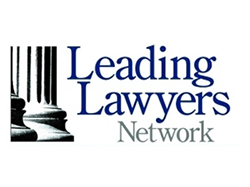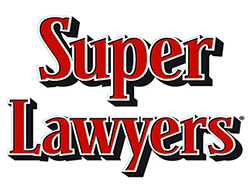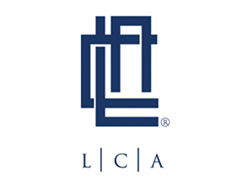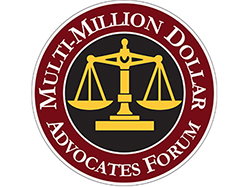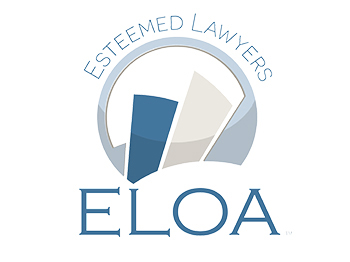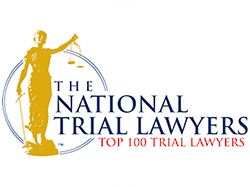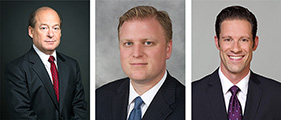
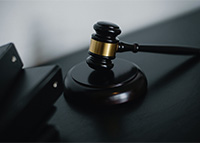
Thirty-six year old woman requires lifelong 24-hour care and ongoing therapeutic interventions due to Chicagoland hospital and doctors’ failure to timely diagnose and treat stroke.
A settlement of $11 million was obtained for a Dupage County single working mother of two boys, ages 17 and 15, due to the failure of Chicagoland hospital and doctors to diagnose and treat stroke. The 36 year old Plaintiff was transported by ambulance on April 20, 2016 to the Chicagoland hospital within 30 minutes of stroke onset.
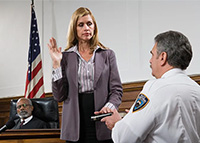
The long-anticipated amendments to Federal Rule of Evidence 702 have been unanimously approved by the Judicial Conference Committee on Rules of Practice and Procedure on June 7, 2022. In the federal judicial system, Rule 702 of the Federal Rules of Evidence is the governing rule for the admissibility of expert opinion. Prior to its inception, Frye v. United States set forth the legal standard for expert admissibility. The Frye standard stated that the expert opinion of the witness must have gained “general acceptance” within the scientific community to be admissible.
Read more: U.S. Judicial Conference to Consider Amendments to Federal Rule of Evidence 702

Passing the bar and becoming a lawyer is a great accomplishment. Your first year as a practicing attorney can be very stressful and at times intimidating. Luckily, most bar associations have divisions or committees dedicated to supporting young lawyers.

The primary goal of taking a deposition is to obtain information. You want to find what the witness knows, allow them to speak under oath, and preserve their testimony. That can be a difficult task if you encounter a witness who is reserved or is reluctant to answer questions. Both first time and experienced deponents can present difficulties for attorneys questioning them. Below are some strategies to consider if you find yourself questioning a witness who is not eager to participate in the deposition.

A variety of circumstances can arise that would preclude an expert witness from testifying at trial. Experts tend to get excluded in federal court for one of two reasons: either the witness disclosure does not comply with the requirements under the Federal Rules of Civil Procedure, or the expert fails to meet the standards for admissibility set forth in the Federal Rules of Evidence. At times, more unique circumstances arise that can prevent an expert witness from testifying. In Noffsinger v. Valspar Corp., the retained expert witness died prior to trial. No. 09 C 916, 2013 U.S. Dist. LEXIS 203349 (N.D. Ill. Jan. 4, 2013).[1] In another case, an expert witness experienced a serious personal health crisis and could no longer testify. Dunkin’ Donuts Inc. v. N.A.S.T., No. 02 C 1272, 2005 U.S. Dist. LEXIS 16703 (N.D. Ill. Aug. 10, 2005). The expert witness in Vincent v. Omniflight Helicopters Inc., chose to withdraw when he was proven to have provided false information in his report. No. 08-C-0572, 2009 U.S. Dist. LEXIS 117966 (E.D. Wis. Nov. 24, 2009).
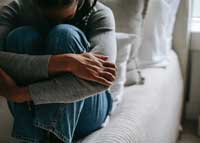
Often, those who have sustained an injury can suffer more than just physical harm. Mental pain and suffering in connection with a harm, is a proper element of damages where it is the natural and proximate consequence of the injury. The applicable jury instruction for emotional distress in civil cases can be located in the Illinois Jury Pattern Instructions, Civil 30.05.01 (I.P.I. 30.05.01). It states “Measure of Damages – Emotional Distress – Past and Future. The emotional distress experienced [and reasonably certain to be experienced in the future.]”
Read more: Separately Compensable Damages for Emotional Distress in Illinois Tort Cases

